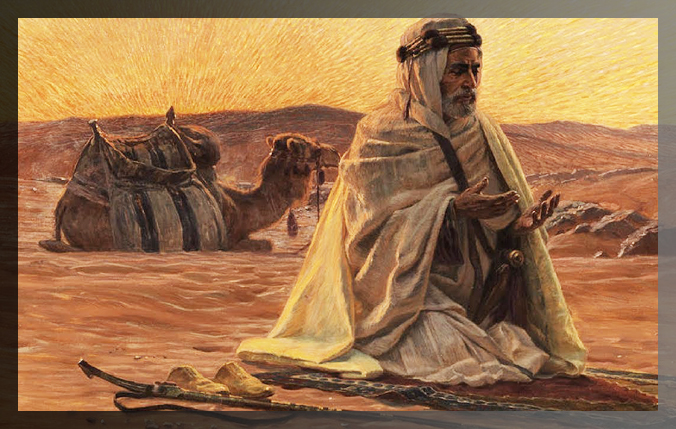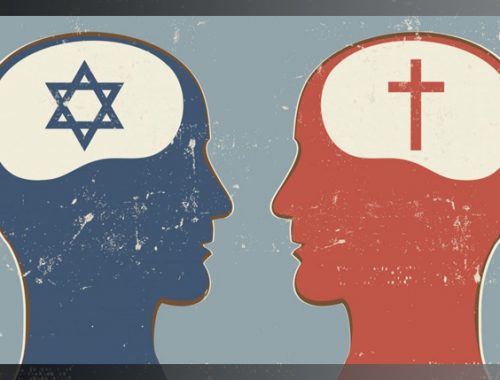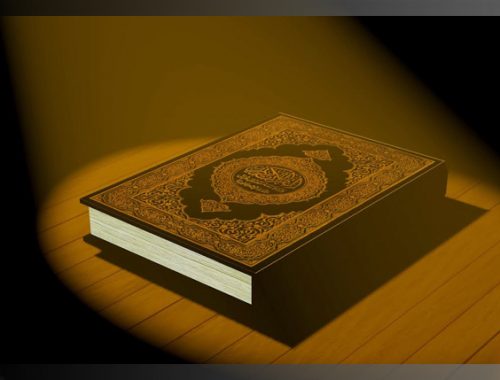
HADITHS AND SUNNA
REVELATIONS
As we saw in Chapter 3, the Quran is a self-sufficient, detailed, explicit book that contains everything that a Muslim should know. The Quran has no need for hadiths. When we are faced with a question that puzzles us, we must look for it in all the verses of the Quran related to the issue and learn all about it. To assess the Quran within the framework of adulterated hadiths is to mystify and pervert it. In order to hear the voice of the Quran without interferences, we must turn our ears solely to the Quran.
33 – There is not an example they advance to which We do not give you the truth and the best commentary.
25 The Distinguisher, 33
God declares that He provides the best commentary. God’s revelations are complete in themselves without the need for recourse to other commentaries.
The hadiths related to the occasion in which a particular revelation had come down (esbabý nuzul) seem to be even more numerous than other hadiths. The commentaries on the Quran in circulation are replete with hadiths – which have not been subjected to any sifting process as to their authenticity – and interspersed with old Jewish legends. The fact that the reasons given for the revelation in connection with a particular occasion vary considerably among various commentaries and are adulterated with irrelevant stories demonstrates the extent of distortions involved. Ibn Hanbal, a traditionalist and founder of a sect himself said: “There is not a single hadith related to the occasion (esbabý nuzul) on which a particular hadith was revealed.”
The main problem is the confinement of intellects by established religious sects. This is still more relevant when we think about the variety of irrational interpolations. Interpreters of the Quran based on sectarian approaches tried not to deviate from the path indicated by their sects and consequently made false constructions. The infinite variety of contradictory hadiths on the occasions in which revelations were made has been a rich source of exploitation by sectarian commentators. As a matter of fact, several transmitters, to suit their own ends, had coined the majority of these hadiths during their compilation.
In the ‘Introduction’ of Elmalý Hamdi Yazýr’s commentary, there is a private understanding of his with the official authority. In Chapter 5 of this ‘understanding’ it is said that the commentary is in conformity with the body of creeds of the madhab (sect) Hanafiya and of the Sunnis. The ‘ideological commentary,’ according to Mehmet Aydýn, or the ‘sectarian commentary’ we prefer to use, is apparent from the very start of Elmalýlý’s work. No matter how wide his knowledge may be, how far can a commentary produced by those whose intellects are hinged on a sect not sanctioned by God, be dependable? The efforts of those who have tried to interpret the Quran in the light of the hadiths served no purpose other than to lead the seekers of truth down a blind alley; the seekers may have been imams or sheikhs, and the causative agents, hadiths or the occasions when the revelations were made.
Turn to the First Page of the Article
PAGE 2: MULTIPLICITY OF HADITHS
PAGE 3: HAD THE HADITHS BEEN A SOURCE OF ISLAM, THE RELIGION WOULD HAVE BEEN INCOMPLETE
PAGE 4: HOW DID THE HADITHS WHOSE COPYING WAS PROHIBITED BY THE PROPHET TAKE THE SHAPE OF BOOKS?
PAGE 5: ARE COMPANIONS OF THE PROPHET FREE FROM ERRORS?
PAGE 6: MEANING AND METHOD OF TRANSMISSION OF HADITHS
PAGE 7: CHAIN OF TRANSMITTERS OF THE HADITHS
PAGE 8: WE ARE NOT THE FIRST TO ADD WEIGHT TO THESE ARGUMENTS
PAGE 10: SALMAN RUSHDI’S SATANIC VERSES ARE ACTUALLY SATANIC HADITHS
PAGE 11: THE QURAN COMMENTARIES IN THE MARKET
PAGE 12: WHICH HADITH WILL THEY BELIEVE NOW?
PAGE 13: HADITHS ABOUT WHICH THERE IS NO DOUBT AS TO AUTHENTICITY
PAGE 14: OUR AIM IS TO PREVENT PEOPLE FROM DEVIATIONS
You May Also Like

THE CONCEPT OF SUNNA
10:04 pm
LESSONS TO BE LEARNED FROM JEWS AND CHRISTIANS
11:47 am

